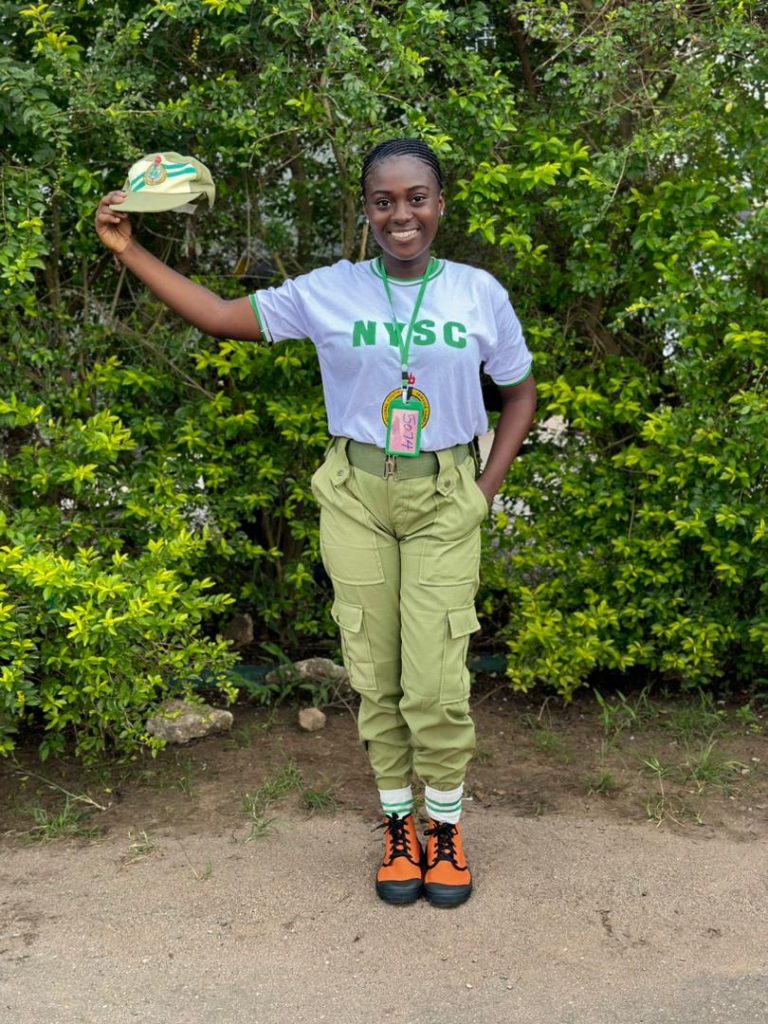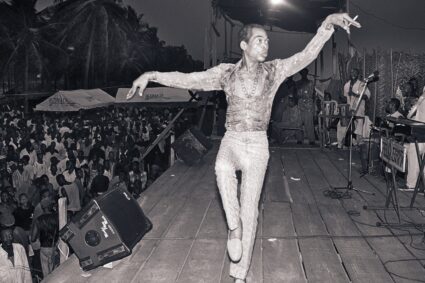
The National Youth Service Corps (NYSC) was established by the Nigerian government on May 22, 1973, following the end of the Nigerian Civil War in 1970. The war had left the country deeply fractured along ethnic and regional lines, and NYSC was born out of a desire to rebuild those broken bonds. The program was designed to promote unity, reconciliation, and integration, and for someone like me, that mission has a special significance.
At the time, General Yakubu Gowon, Nigeria’s Head of State, recognized the need to foster national cohesion. His vision was simple but powerful: bring together young graduates from different ethnic, religious, and geographic backgrounds, and send them to serve in states far from home. It is a kind of social experiment in diversity and unity that we all become a part of, whether we are ready for it or not.
The NYSC’s core goals are straightforward:
– Posting participants to states outside their comfort zones to encourage national unity.
– Cultivating a spirit of self-reliance and a commitment to community service.
– Offering young graduates a platform to contribute to national development while gaining real-world experience.
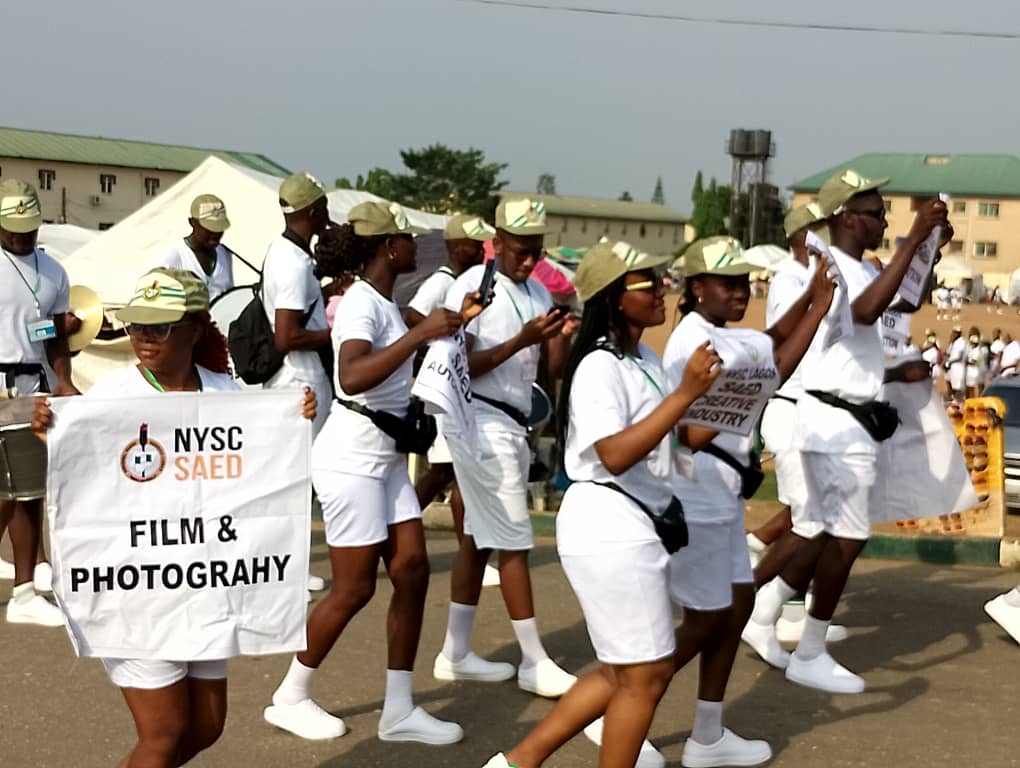
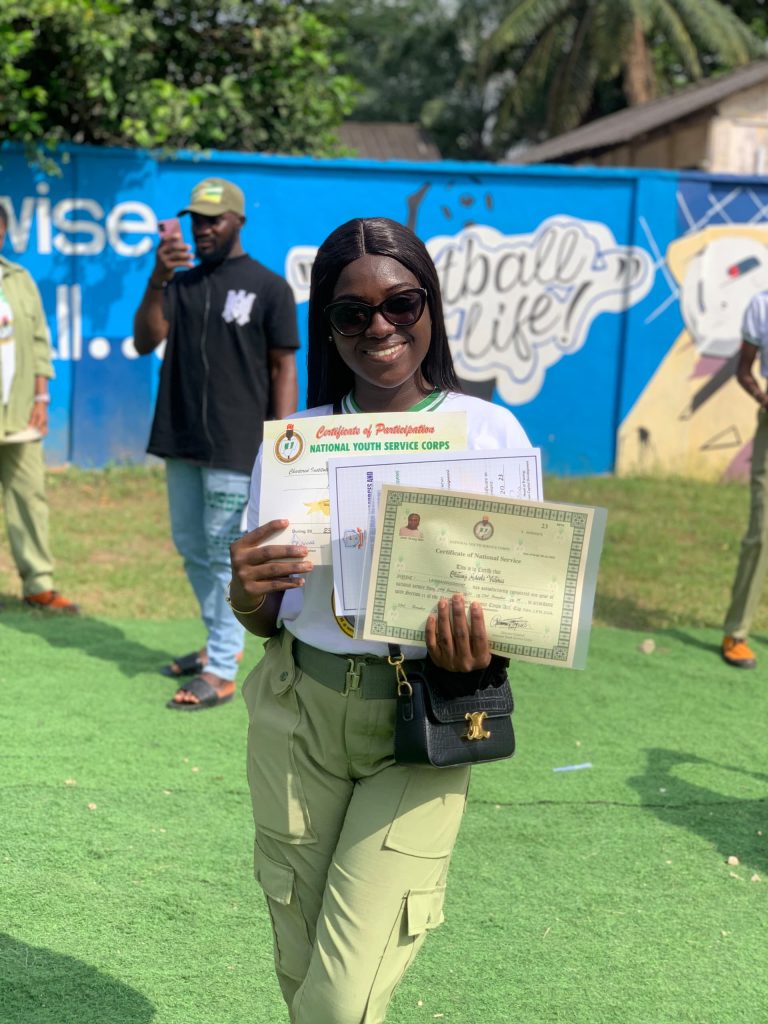
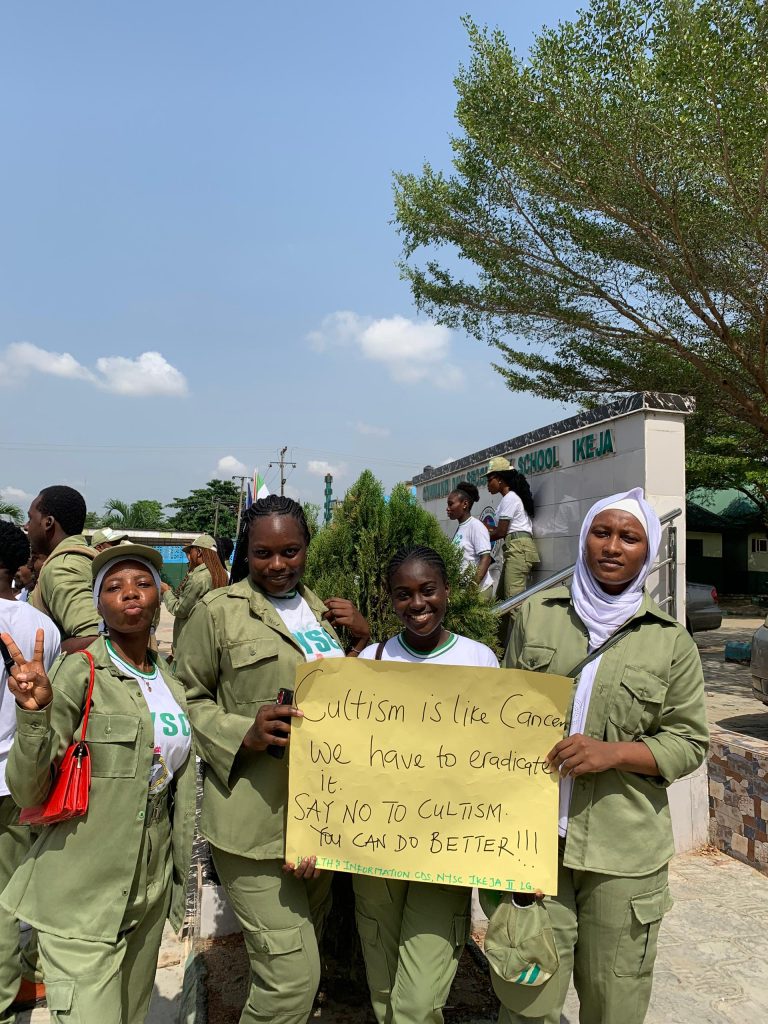
Since its inception, the NYSC has become a rite of passage for Nigerian graduates under 30, like myself. The year-long service is divided into three phases: an intense three-week orientation camp, a primary assignment (PPA) where corps members work in sectors like education, healthcare, or government, and the final stage of community development service (CDS). The scheme remains a cornerstone of Nigeria’s efforts to foster unity and involve its youth in the country’s development.
As a Nigerian youth and graduate, I recently completed my one-year mandatory service and I would briefly take you through my service year and what the scheme entails.
Adapting to Camp Life
For my service year, I was deployed to Lagos state, a state that for obvious reasons many intending corpers wish to be deployed. Camp was my first challenge, and for many of us, it is a rite of survival. I still remember the shock of being thrown into a rigid, military-style routine, complete with early morning drills and living in crowded spaces with people from all over the country. It was a strange experience, a melting pot of personalities, cultures, and attitudes. If you weren’t careful, you could easily lose yourself in the chaos. But amid the chaos, we formed bonds, found common ground, and learned to support each other.
Leaving the comfort of home to serve in a completely new environment opens your eyes to the true beauty of Nigeria’s cultural diversity. In my case, I was forced to navigate several barriers and learn the unique customs of my host community. We became ambassadors of our own cultures, while absorbing the traditions of others. Those initial challenges of certain barriers and understanding turned into opportunities for growth and connection. The stereotypes that often divide us began to fade away, replaced by mutual respect.
Applying Knowledge in Real-Life Situations
Beyond the cultural exchange, NYSC gives you a chance to apply everything you have learned in school to the real world. For me, this meant using my communication skills in ways I hadn’t anticipated. Whether it was working in the office (my assigned Place of Primary Assignment) or assisting in community outreach, I learned that leadership does not come from titles, but from stepping up when needed. These experiences sharpened my professional skills, and the relationships I built along the way became valuable networks for my future.
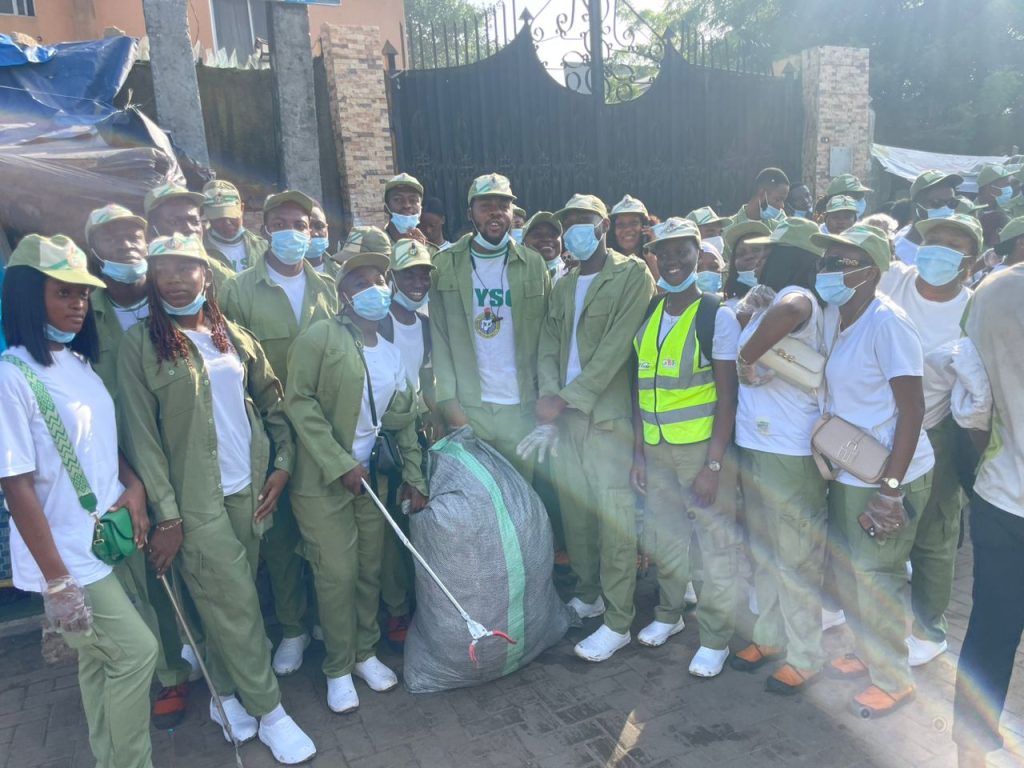
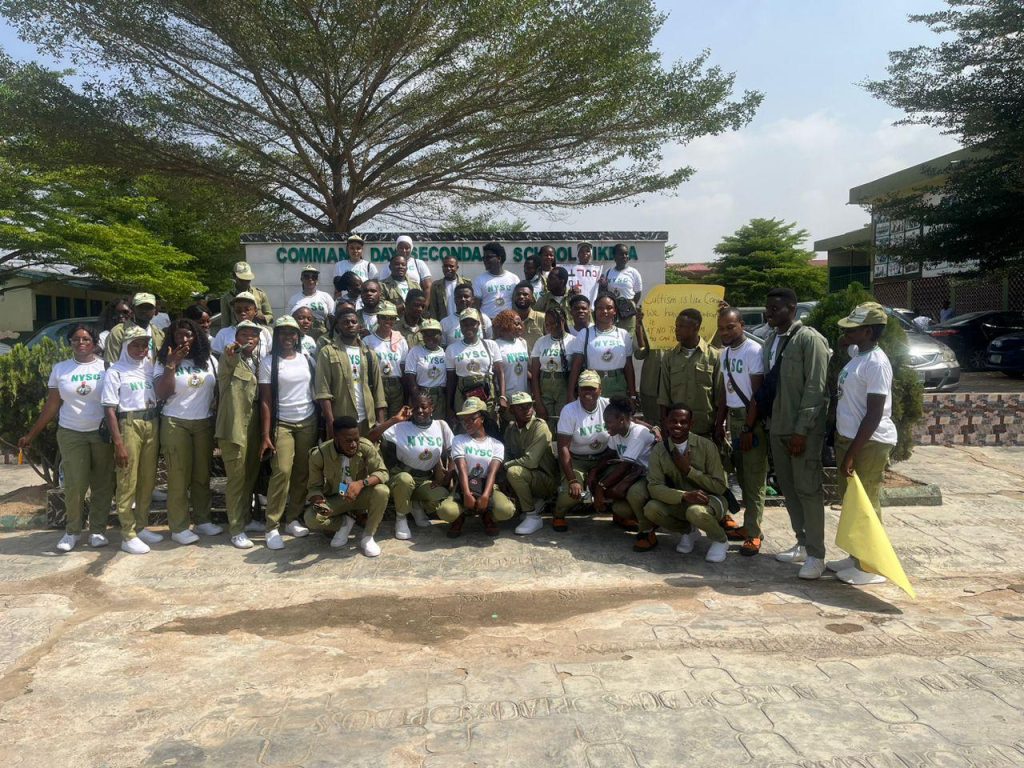
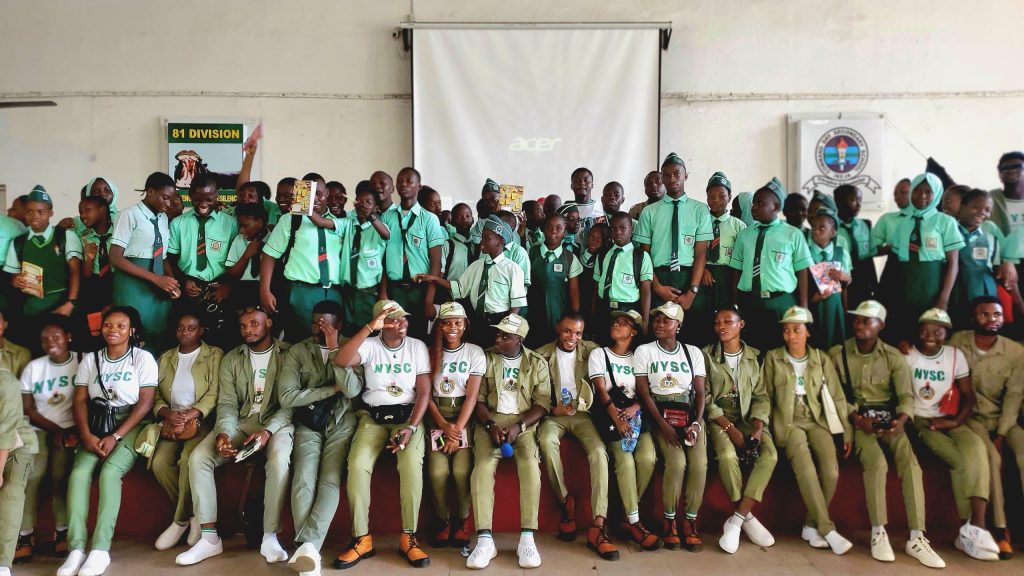
Community Development Service (CDS)
CDS was perhaps the most rewarding part of my service year. It is where the heart of NYSC’s mission comes to life. As corps members, we collaborated to identify what our host communities needed most and worked on projects that made a real difference. For my assigned CDS (Health and Information) from organizing health campaigns across secondary schools in my Local Government to equipping those students with the necessary information needed, I saw and experienced firsthand how young graduates could create change.
Challenges
Of course there were challenges and the challenges we faced were real—for many of us adjusting to life in unfamiliar surroundings, dealing with poor infrastructure, and overcoming language barriers were hard to deal with —but those difficulties became opportunities for personal growth. I found myself coming up with creative solutions, and I became more resilient, more confident in my ability to adapt and thrive.
The NYSC Journey
NYSC, to me, is much more than a year of service. It is a journey of self-discovery, a chance to reflect on who you are and what you can contribute to the world. It gives you an opportunity to build national pride, develop leadership skills, and embrace civic responsibility. It is the kind of experience that stays with you long after your service year is over, shaping not only your career but also your sense of identity and purpose.
I genuinely believe that the NYSC is living up to the reasons it was created. It has succeeded in promoting national unity and giving young graduates a platform to contribute to society. However, there is always room for improvement. If certain systems were put in place, such as better infrastructure, clearer career pathways, and especially more support for corps members in remote areas, the scheme could become even more impactful. With these improvements, NYSC could better prepare young Nigerians for the future while continuing to foster the spirit of unity and national development.
